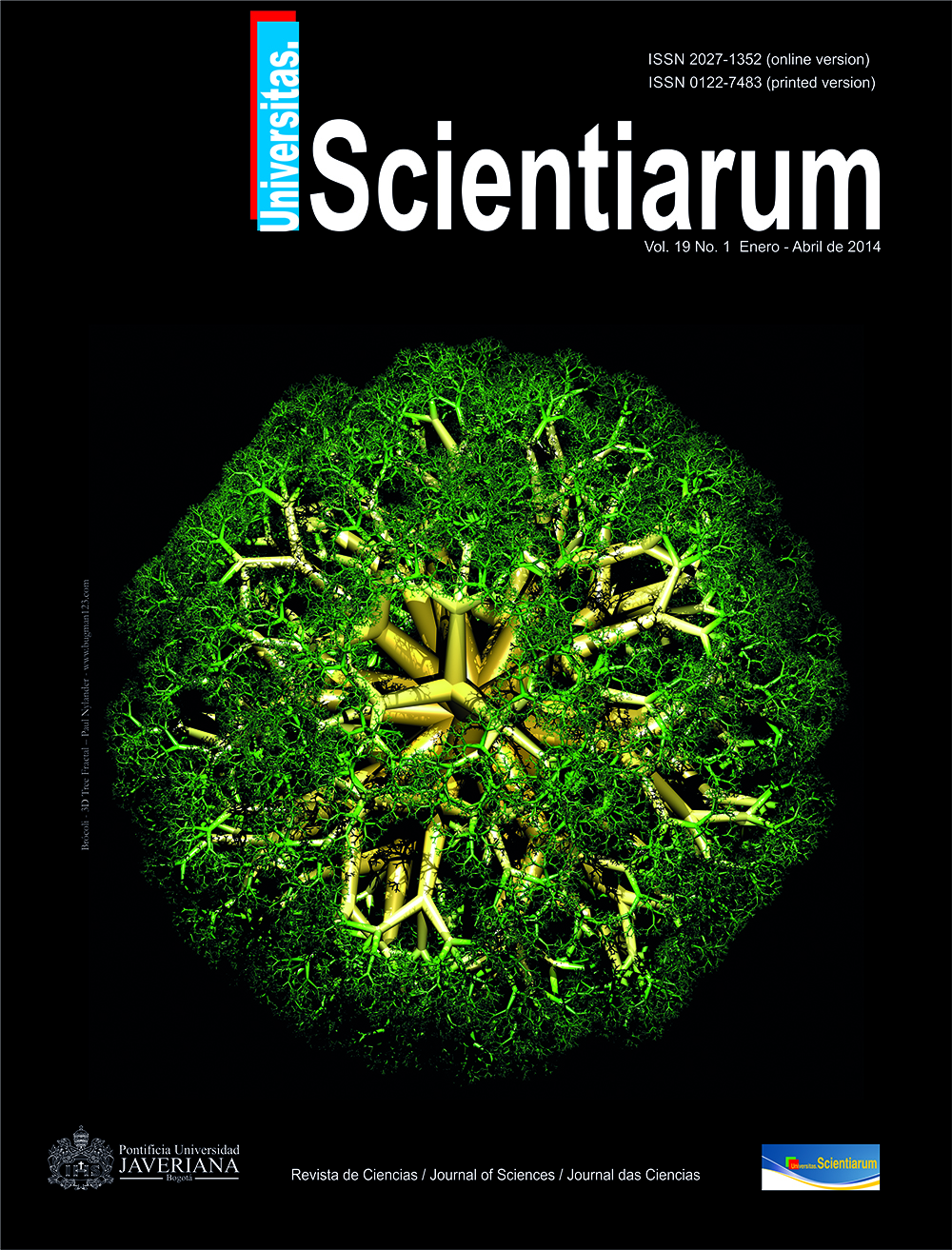Abstract
Post-harvest losses in tomato crops can be accredited to a number of causes, which include biological causes that produce physiological deterioration; infection caused by diseases and pests that cause rotting. In this study, we assayed, in vitro and in vivo, the yeast Candida guilliermondii to determine its effectiveness as a biocontrol to reduce the rotting produced by Rhizopus stolonifer on tomatoes (Lycopersicon esculentum). The antagonistic effect was tested using a yeast biomass suspension; gas chromatography and a mass selective detector were used to identify its metabolites. According to the in vitro test, the only phase with an antagonistic response against Rhizopus stolonifer was the unfiltered water phase. In the in vivo tests, the biomass of Candida guilliermondii presented the highest percentage of protection of the tomato (87 %) compared with the unfiltered aqueous phase and the unconcentrated organic phase, which reached only 77 and 80 % respectively. These results are essential to avoid economic losses caused by fungi and to increase the shelf life of tomatoes improving the distribution of the product and preventing postharvest losses in this time of food crises, especially in developing countries.
Univ. Sci. is registered under a Creative Commons Attribution 4.0 International Public License. Thus, this work may be reproduced, distributed, and publicly shared in digital format, as long as the names of the authors and Pontificia Universidad Javeriana are acknowledged. Others are allowed to quote, adapt, transform, auto-archive, republish, and create based on this material, for any purpose (even commercial ones), provided the authorship is duly acknowledged, a link to the original work is provided, and it is specified if changes have been made. Pontificia Universidad Javeriana does not hold the rights of published works and the authors are solely responsible for the contents of their works; they keep the moral, intellectual, privacy, and publicity rights. Approving the intervention of the work (review, copy-editing, translation, layout) and the following outreach, are granted through an use license and not through an assignment of rights. This means the journal and Pontificia Universidad Javeriana cannot be held responsible for any ethical malpractice by the authors. As a consequence of the protection granted by the use license, the journal is not required to publish recantations or modify information already published, unless the errata stems from the editorial management process. Publishing contents in this journal does not generate royalties for contributors.



